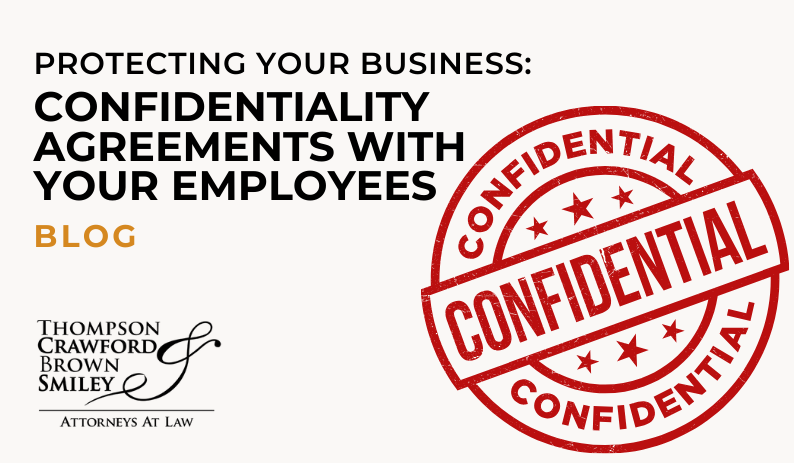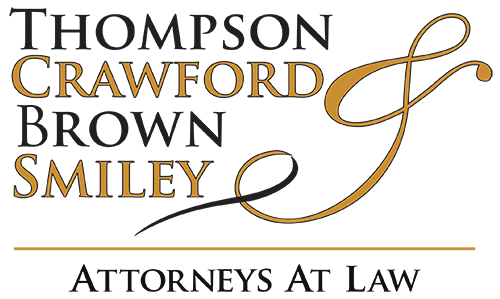
As business owners, ensuring the security of sensitive information is paramount. Confidentiality agreements serve as vital documents, not only safeguarding client trust but also protecting proprietary data from misuse. From shielding client lists to preventing former employees from leveraging insider knowledge for competitive advantage, these agreements are the bedrock of trust and integrity in modern business practices. But what if a new employee spills the beans? That’s where confidentiality agreements come in.
These documents aren’t just legal mumbo-jumbo; they’re like shields, keeping your clients’ secrets safe and your business info under lock and key. From stopping ex-employees from poaching your clients to protecting your trade secrets, confidentiality agreements are like your business’s silent protectors. Stick around as we uncover why these papers aren’t just paperwork – they’re essential for building trust and safeguarding your business’s backbone.
Why do my employees need to sign a confidentiality agreement?
It is important to have all employees sign a confidentiality agreement before they begin working for you for many reasons. First, your customers need to feel that you are protecting their personal information from being shared with others. Having employees sign a document reinforcing this is another way to help you build confidence with your clients. It defines when the information may be shared and what would happen if the information was inadvertently shared.
It also protects you as a business owner. Imagine you have an employee who has been with the business for years and is an integral part of the team. One day, the employee decides to open his or her own competing business. The employee had access to your client lists and without a confidentiality agreement, they can use that list as potential clients for their own business. There generally is a time restriction on how long the information will be confidential after the employee leaves, but it still protects the business for the disclosure of confidentiality information such as client lists and/or information.
If a confidentiality agreement is breached, meaning that an employee signed the agreement and later used confidential information, the employer will be able to seek an injunction against the employee to stop him or her from using any further information. The employer will also be able to sue the employee for damages related to the loss of clients and will be able to recover attorney’s fees and costs if included in the agreement.
In conclusion, confidentiality agreements are not just bureaucratic formalities; they are essential tools for fostering trust and protecting your business interests. As you navigate the complexities of safeguarding sensitive information, remember that we’re here to support you every step of the way. If you have any specific questions or concerns about confidentiality agreements or need guidance tailored to your business needs, don’t hesitate to reach out to us. Your peace of mind and the security of your business are our priorities. Feel free to give us a call at (850) 386-5777, and let’s ensure that your business remains on solid ground.
